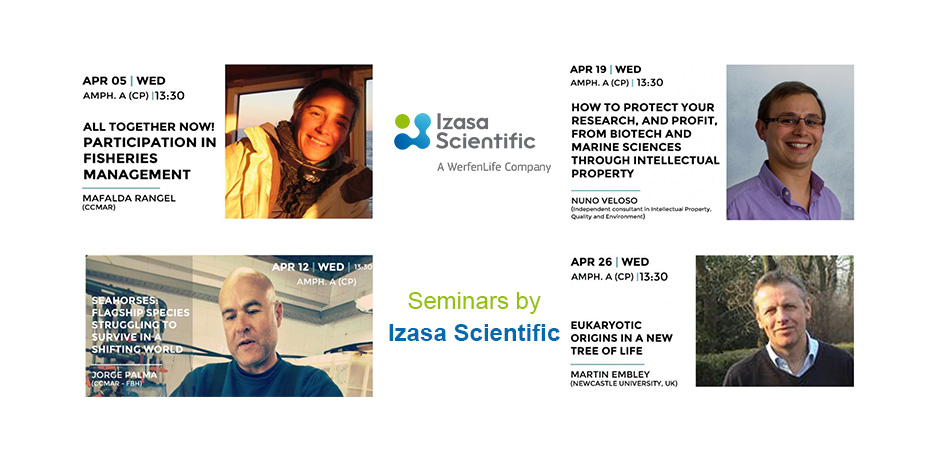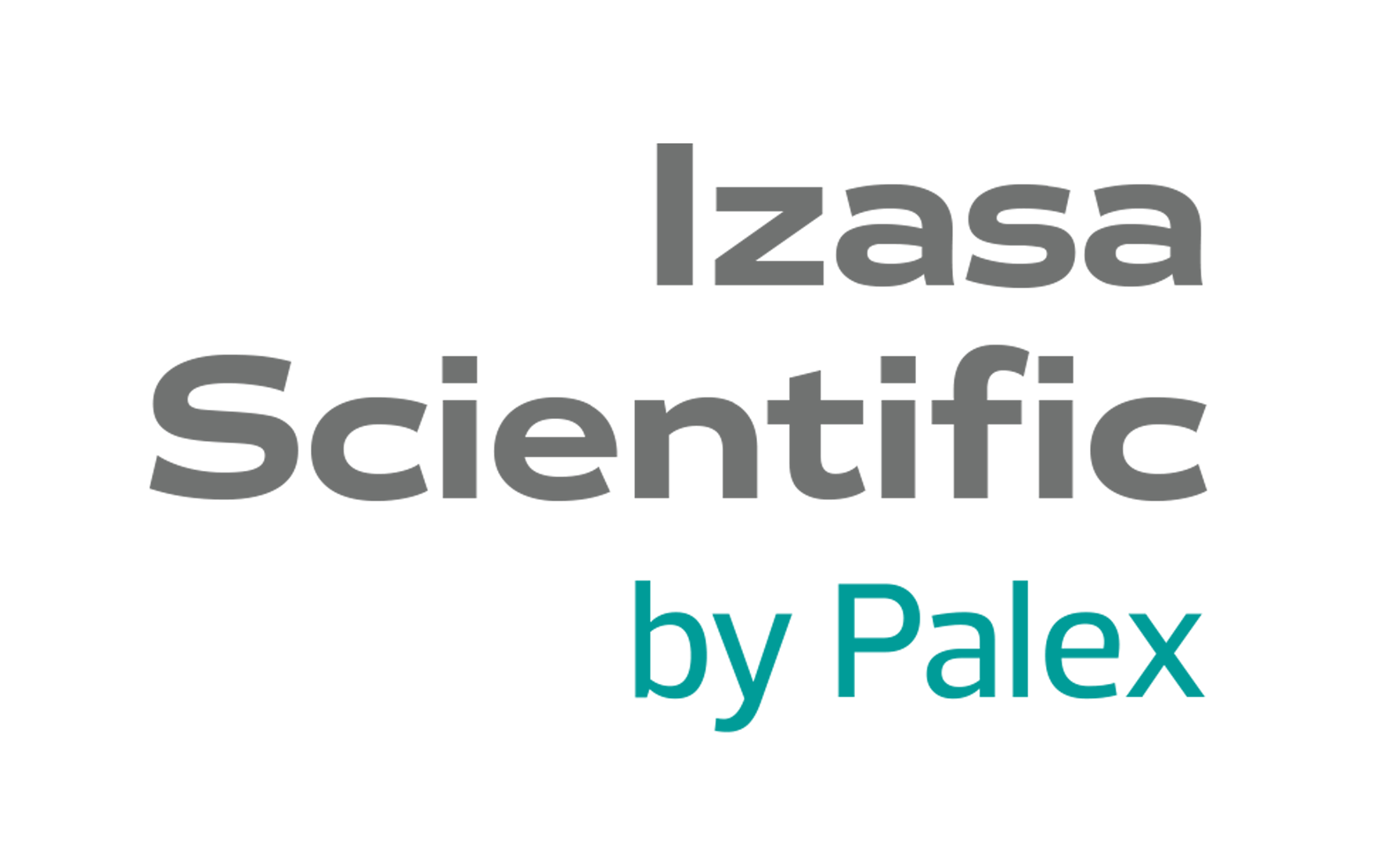
Notícia Saúde Humana e Biotec
CCMAR Seminars by Izasa Scientific - abril
Abril 26, 2017 - Faro

05th APR All together now! Participation in fisheries management by Mafalda Rangel
Participatory approaches have been increasingly used as a way to include stakeholders in decision-making processes, following the direct recommendations of the new European Common Fishery Policy. The Fisheries, Biodiversity and Conservation Group (CCMAR) has been promoting a transparent forum of discussion and dialogue by gathering various interested parties of the Algarve fisheries sector. The goal is to encourage participation of all actors in the decision-making process while promoting the transfer of knowledge between the different parties. To develop such forums, several research projects have been carried out over the past years. “Tertúlia do Polvo” aimed at understanding the opinions and perceptions of fisher’s representatives and fishing communities about the management of the Algarve octopus fishery. Monthly participatory workshops brought together all stakeholders of this fishery and as a result, the current legislation is now being altered. The ongoing H2020 project MINOUW aims at reducing discards by encouraging new fishing procedures. It includes an innovative approach that uses participatory tools to define which methods should be tested by the researchers, favoring the techniques and technologies selected by the fishers.
12th APR Seahorses:Flagship species struggling to survive in a shifting world by Jorge Palma
Seahorses are emblematic and threatened fish with a remarkable morphology and life-history. Worldwide, seahorse populations are threatened due to habitat degradation and over-exploitation, including illegal fishing for use in the aquarium trade, curiosities and traditional medicines. As they inhabit shallow coastal areas worldwide, where anthropogenic and climate disturbances are more frequent and severe, their conservation is a present concern. The only two seahorse species, Hippocampus guttulatus and H. hippocampus that inhabit the Ria Formosa are no different and suffered a dramatic decrease in abundance during the last decade. As a vulnerable fish group, seahorses are considered as flagship species, meaning that by sharing the same habitat and having similar ecological requirements, the detrimental impacts caused to the seahorse populations are the same that will impact other unmeasured species. In face of the constant population decline, detail their habitat requirements, identifying the anthropogenic impacts that affect them and establish well consolidated breeding programs are fundamental milestones to establish well-structured conservation programs.

NOTÍCIAS
Notícias Recentes
Maio 28, 2024 - Madrid
O contínuo desenvolvimento e investimento para estar próximo dos nossos clientes levou-nos a dispor de uma ampla cobertura geográfica com sedes nas principais cidades em Espanha e Portugal, e apoio comercial e técnico em todas as áreas territoriais permite-nos estar SEMPRE PERTO DE SI.
Tel: 800 787 888
izasapt@izasascientific.com
